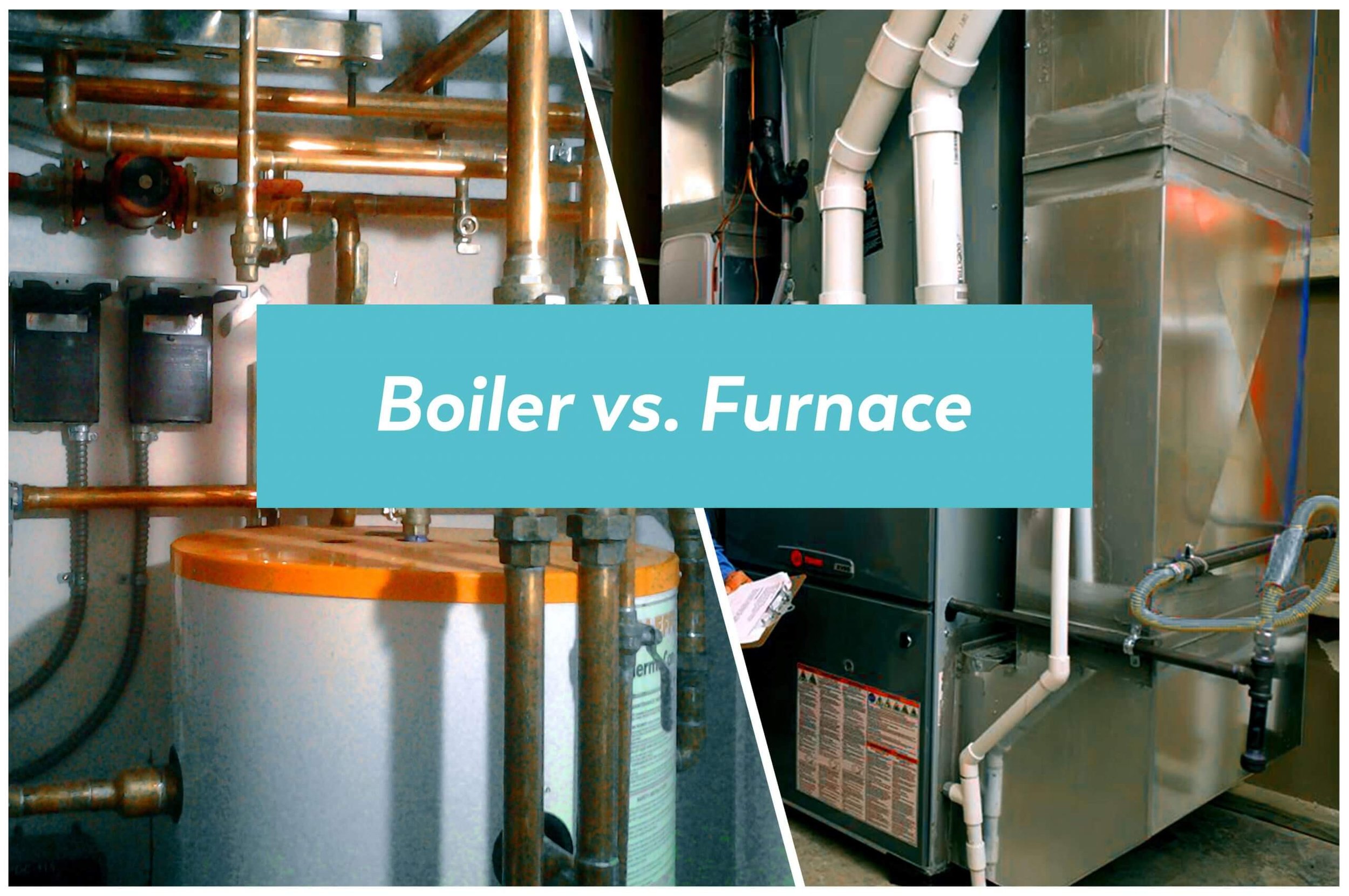Boilers vs. Furnaces: Unraveling the Distinctions
When it comes to warming your living space, boilers and furnaces emerge as two popular contenders, each with its unique approach to ensuring a cozy indoor environment. In this article, we'll explore the fundamental differences between boilers and furnaces, empowering you to make an educated decision when it's time to enhance or replace your heating system.
Heating Mechanism:
Boiler: Boilers utilize water to generate steam or hot water, circulating it through pipes or radiators to disseminate warmth across your home. The use of water as a heat transfer medium distinguishes boilers in their heating methodology.
Furnace: Furnaces, in contrast, produce heat by burning fuel, typically natural gas or oil. This generated heat warms the air, which is then distributed through a network of ducts and vents, providing consistent heating throughout various rooms.
Distribution System:
Boiler: Boilers employ pipes or radiators for heat distribution. The heated water or steam travels through pipes to reach radiators, baseboard heaters, or radiant floor systems, releasing warmth into the surrounding space.
Furnace: Furnaces utilize a ductwork system to circulate warm air. The heated air is propelled through ducts and delivered to rooms via vents or registers, ensuring a rapid and efficient heating process.
Energy Efficiency:
Boiler: Boilers are renowned for their energy efficiency, as water possesses superior heat retention capabilities compared to air. This often results in minimal heat loss during distribution, making boilers a cost-effective long-term heating solution.
Furnace: Although modern furnaces have improved their energy efficiency, some heat loss may occur through the ductwork. Adequate insulation and regular maintenance are crucial to minimizing this loss.
Maintenance and Lifespan:
Boiler: Boilers typically boast a longer lifespan than furnaces and require less frequent maintenance. Promptly addressing any issues is essential to prevent potential damage to the system.
Furnace: Furnaces may have a shorter lifespan compared to boilers. Regular filter changes and maintenance are essential to ensure optimal performance and prevent unexpected breakdowns.
Cost Considerations:
Boiler: The initial cost of installing a boiler system can be higher than that of a furnace. However, the long-term energy savings and durability may offset the initial investment.
Furnace: Furnaces are often more budget-friendly upfront, but considering the overall cost of operation, including energy bills and maintenance, is crucial over the system's lifespan.
Conclusion:
Selecting between a boiler and a furnace hinges on several factors, such as your heating requirements, budget constraints, and the layout of your residence. Both systems offer unique advantages, and your decision should align with your preferences and needs. Whether you opt for the consistent warmth of a boiler or the swift, forced-air heat of a furnace, prioritizing regular maintenance and efficient operation will ensure your home remains comfortably heated throughout the colder seasons.

